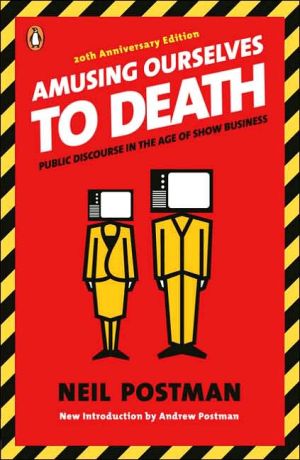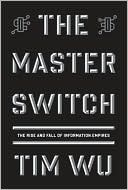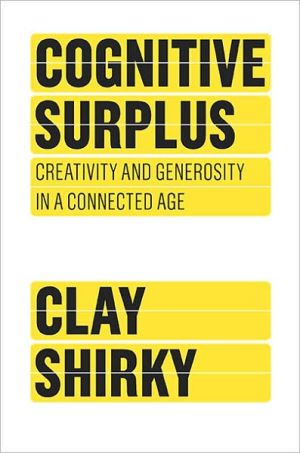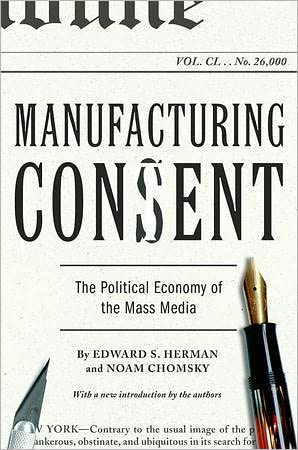Amusing Ourselves to Death: Public Discourse in the Age of Show Business
Originally published in 1985, Neil Postman’s groundbreaking polemic about the corrosive effects of television on our politics and public discourse has been hailed as a twenty-first-century book published in the twentieth century. Now, with television joined by more sophisticated electronic media—from the Internet to cell phones to DVDs—it has taken on even greater significance. Amusing Ourselves to Death is a prophetic look at what happens when politics, journalism, education, and even...
Search in google:
In this eloquent and persuasive book, Neil Postman examines the deep and broad effects of television culture on the manner in which we conduct our public affairs, on how "entertainment values" have corrupted the very way we think. As politics, news, religion, education, and commerce are given expression less and less in the form of printed or spoken words, they are rapidly being reshaped and staged to suit the requirements of television. And because television is a visual medium, whose images are most pleasurably apprehended when they are fast-moving and dynamic, discourse on television takes the form of entertainment. Television has little tolerance for argument, hypothesis, or explanation it demands performing art.Mr. Postman argues that public discourse, the advancing of arguments in logical order for the public good-once the hallmark of American culture-is being converted from exposition and explanation to entertainment. Publishers Weekly From the author of Teaching as a Subversive Activity comes a sustained, withering and thought-provoking attack on television and what it is doing to us. Postman's theme is the decline of the printed word and the ascendancy of the ``tube'' with its tendency to present everythingmurder, mayhem, politics, weatheras entertainment. The ultimate effect, as Postman sees it, is the shrivelling of public discourse as TV degrades our conception of what constitutes news, political debate, art, even religious thought. Early chapters trace America's one-time love affair with the printed word, from colonial pamphlets to the publication of the Lincoln-Douglas debates. There's a biting analysis of TV commercials as a form of ``instant therapy'' based on the assumption that human problems are easily solvable. Postman goes further than other critics in demonstrating that television represents a hostile attack on literate culture. October 30
Introduction\ Part I\ 1. The Medium Is the Metaphor\ 2. Media as Epistemology\ 3. Typographic America\ 4. The Typographic Mind\ 5. The Peek-a-Boo World\ Part II\ 6. The Age of Show Business\ 7. "Now...This"\ 8. Shuffle Off to Bethlehem\ 9. Reach Out and Elect Someone\ 10. Teaching as an Amusing Activity\ 11. The Huxleyan Warning\ Notes Bibliography Index
\ Publishers Weekly - Publisher's Weekly\ From the author of Teaching as a Subversive Activity comes a sustained, withering and thought-provoking attack on television and what it is doing to us. Postman's theme is the decline of the printed word and the ascendancy of the ``tube'' with its tendency to present everythingmurder, mayhem, politics, weatheras entertainment. The ultimate effect, as Postman sees it, is the shrivelling of public discourse as TV degrades our conception of what constitutes news, political debate, art, even religious thought. Early chapters trace America's one-time love affair with the printed word, from colonial pamphlets to the publication of the Lincoln-Douglas debates. There's a biting analysis of TV commercials as a form of ``instant therapy'' based on the assumption that human problems are easily solvable. Postman goes further than other critics in demonstrating that television represents a hostile attack on literate culture. October 30\ \







